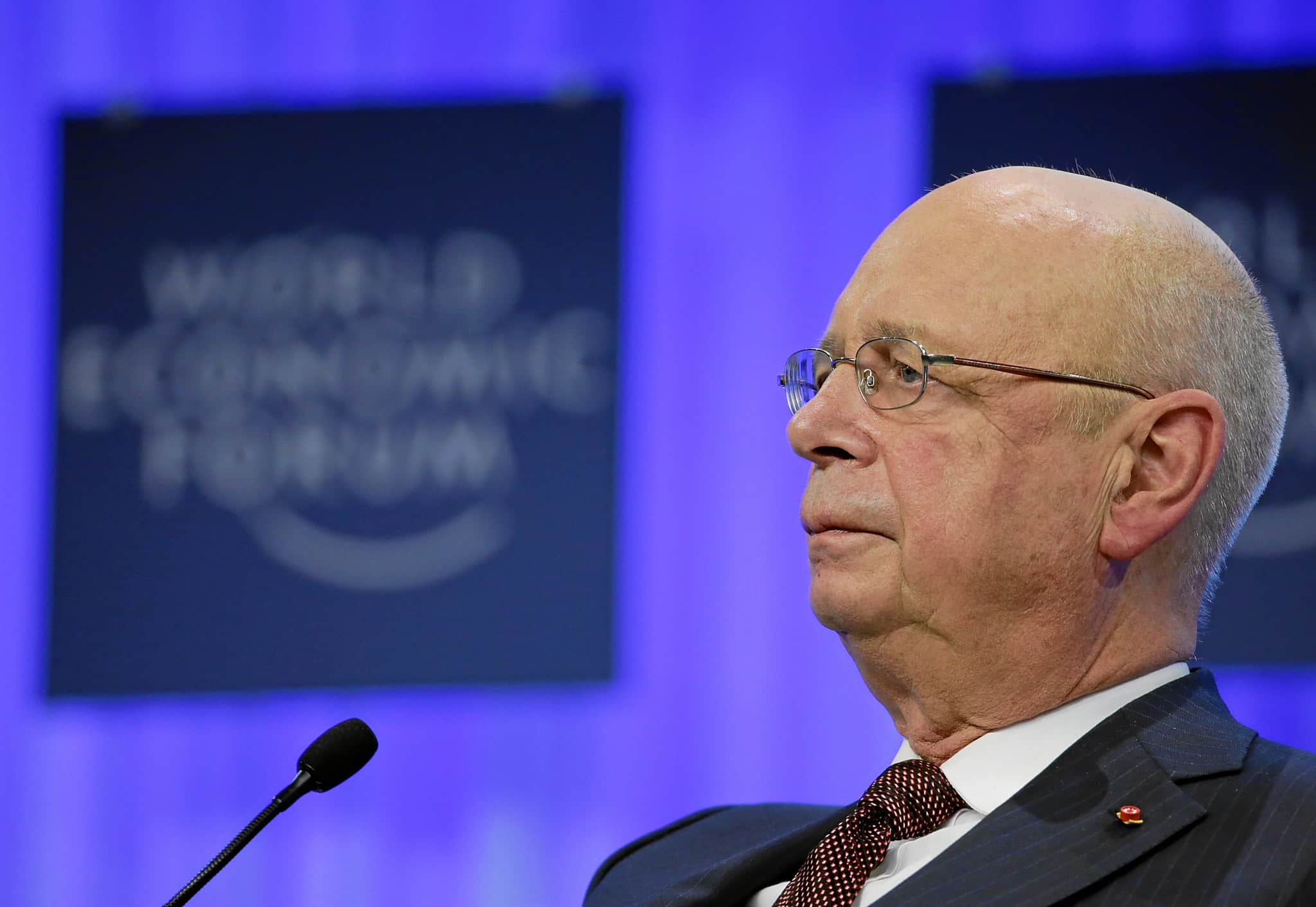

Klaus Schwab, the founder and chair of the World Economic Forum, has officially stepped down from his leadership role after more than 50 years at the helm.
The Geneva-based organization announced Schwab’s resignation on Monday. Now 87, Schwab said he decided as he neared his 88th birthday. He also left his position on the board of trustees, effective immediately. The Forum did not give a specific reason for his departure.
The board accepted his decision during a special meeting on April 20. Vice Chairman Peter Brabeck-Letmathe will serve as interim chairman while the search for a permanent replacement begins.
Schwab launched the World Economic Forum in 1971 with a vision to bring together global leaders from business and government to address major issues. Over time, the Forum’s annual gathering in the Swiss mountain village of Davos became a key event in the global calendar.
Each January, Davos welcomed heads of state, CEOs, and public figures to quietly discuss global challenges and economic plans. The event became known as a symbol of globalization, though in recent years it has drawn growing criticism.
Opponents from across the political spectrum have argued the meeting is out of touch with everyday people. Many see it as an elite gathering disconnected from public concerns. While the event takes place in Davos, the Forum’s headquarters sit near Lake Geneva in western Switzerland.
The organization has also faced internal challenges. In 2023, The Wall Street Journal reported that the Forum had hired a law firm to examine its workplace environment following allegations of mistreatment and discrimination. The Forum denied those claims.
Beyond internal matters, the World Economic Forum has struggled with external pressures as well. After the 2007–2009 financial crisis, its influence began to decline.
Further setbacks followed with rising tensions between world powers, the war in Ukraine, and shifts toward more inward-looking trade policies in countries like the United States.
Some analysts now question whether the Forum still holds the influence it once did. Critics say the pushback against globalization, seen in events like Brexit and the rise of populist politics, reflects growing public frustration with global institutions.
Schwab had long predicted such a shift. In a 1996 opinion piece, he and Forum colleague Claude Smadja warned that rising anxiety in major economies could disrupt both economic activity and social stability.
“The mood in these democracies is one of helplessness and anxiety,” they wrote. This “helps explain the rise of a new brand of populist politicians.” Schwab’s exit marks the end of an era for the institution he built over half a century ago.
